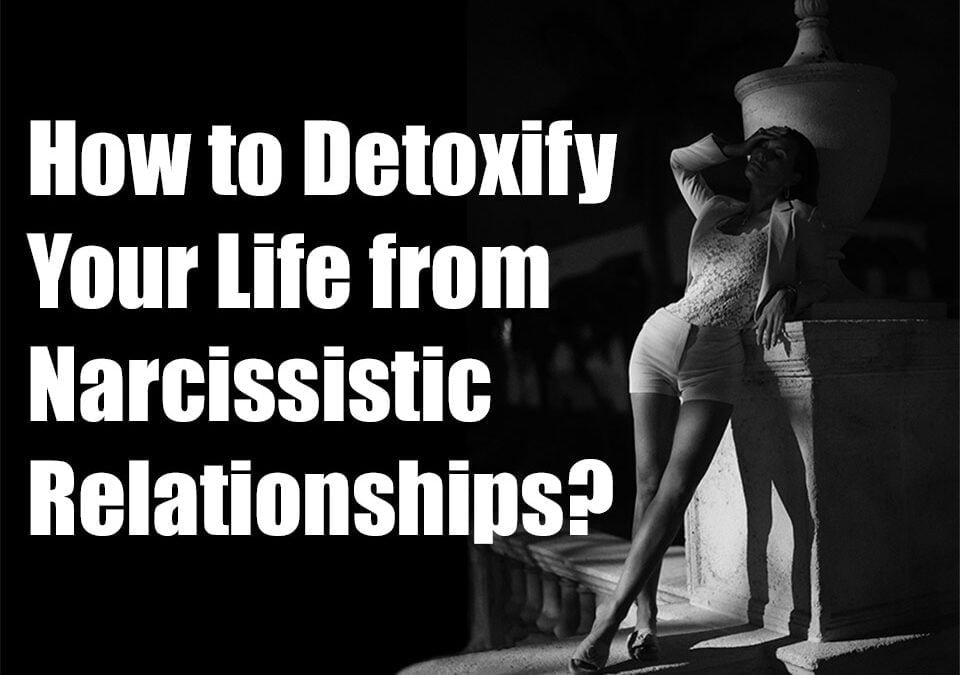
Self-acceptance: why it is important?
13 February 2024
Living Questioning the Universe: Understanding the Languages of the Universe
29 February 2024The term “narcissist” has become increasingly prevalent in modern discourse, often applied haphazardly to anyone who exhibits self-centered behavior. Yet, as a relationship specialist, I’ve encountered numerous cases where individuals find themselves ensnared in truly toxic relationships with narcissists, and the reality is far from amusing.
Let’s begin by acknowledging that narcissism is classified as a personality disorder rather than a traditional disease. Individuals grappling with Narcissistic Personality Disorder (NPD) may not perceive their conduct as problematic, yet their interactions invariably wreak havoc on those around them. While narcissism doesn’t fit neatly into the medical model of disease, it provides a comfortable haven for those who possess it, facilitating a relentless pursuit of attention, manipulation, and the selection of unwitting victims to siphon energy from. Once these victims cease to provide the desired response, the manipulator often loses interest, leaving the victim bewildered and drained.
The initial stages of a narcissistic relationship often masquerade as idyllic, characterized by charm and adulation. However, this façade gradually erodes, revealing a landscape marred by manipulation and emotional abuse.
Recognizing the signs is paramount:
- Walking on Eggshells: Constant fear of displeasing your partner.
- Taking Unwarranted Blame: Apologizing incessantly, even for things beyond your control.
- Centrality of Partner’s Opinion: Your partner’s perception dominates your reality.
- Suppression of Self: Your thoughts and emotions are disregarded.
- Diminished Self-Worth: Your accomplishments are belittled.
These seemingly caring and understanding gestures at the beginning of beautiful relationships has the only reason to study your pains and week spots, so they can swiftly morph into instruments of control, trapping you in a cycle of emotional turmoil. However, it’s imperative to acknowledge that our attractions often stem from deep-seated aspects of ourselves. If certain behaviors or individuals consistently trigger negative reactions, it may indicate unresolved issues within.
Acknowledging your role in perpetuating toxic dynamics is a crucial step towards liberation. Moving forward necessitates concerted effort:
1. Self-Reflection: Delve into your psyche to unearth underlying patterns and insecurities. Realize in what kind of relationships you has a similar experience (maybe parents, siblings, ex-partners)
2. Establish Boundaries: Define and enforce boundaries that safeguard your well-being. Protect your inner world, make it full of Light and creativity that helps a lot.
3. Seek Support: Surround yourself with empathetic allies who validate your experiences or find a good professional.
4. Set Personal Goals: Focus on personal growth and empowerment.
By aligning with your inner essence and aspirations, you reclaim agency over your life. Remember, every confrontation with a narcissist is an opportunity to reaffirm your commitment to your dreams and aspirations. Redirecting your energy towards constructive endeavors weakens the hold of manipulative forces and paves the way for a brighter future.

Fight for your dreams and trust the Process!
– Iryna Wood , Relationship Specialist with Astrological Expertise




